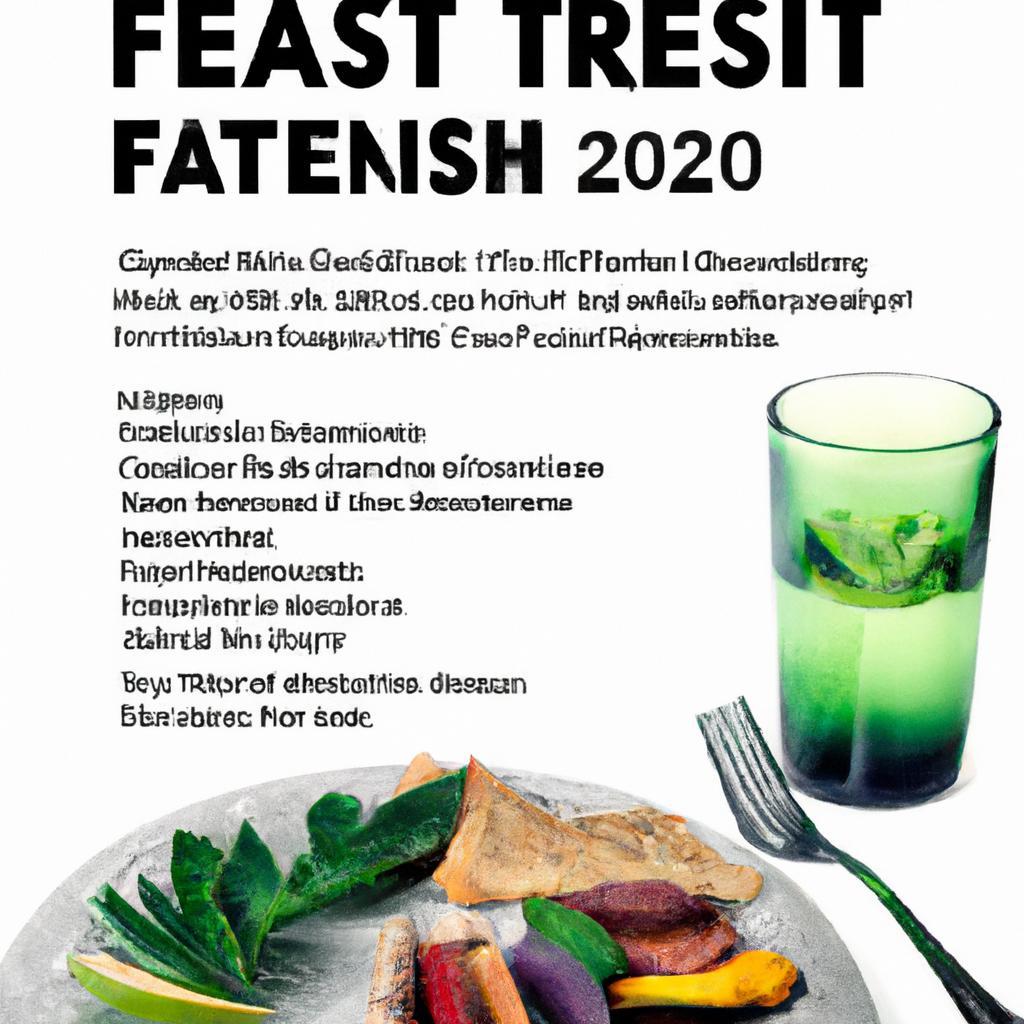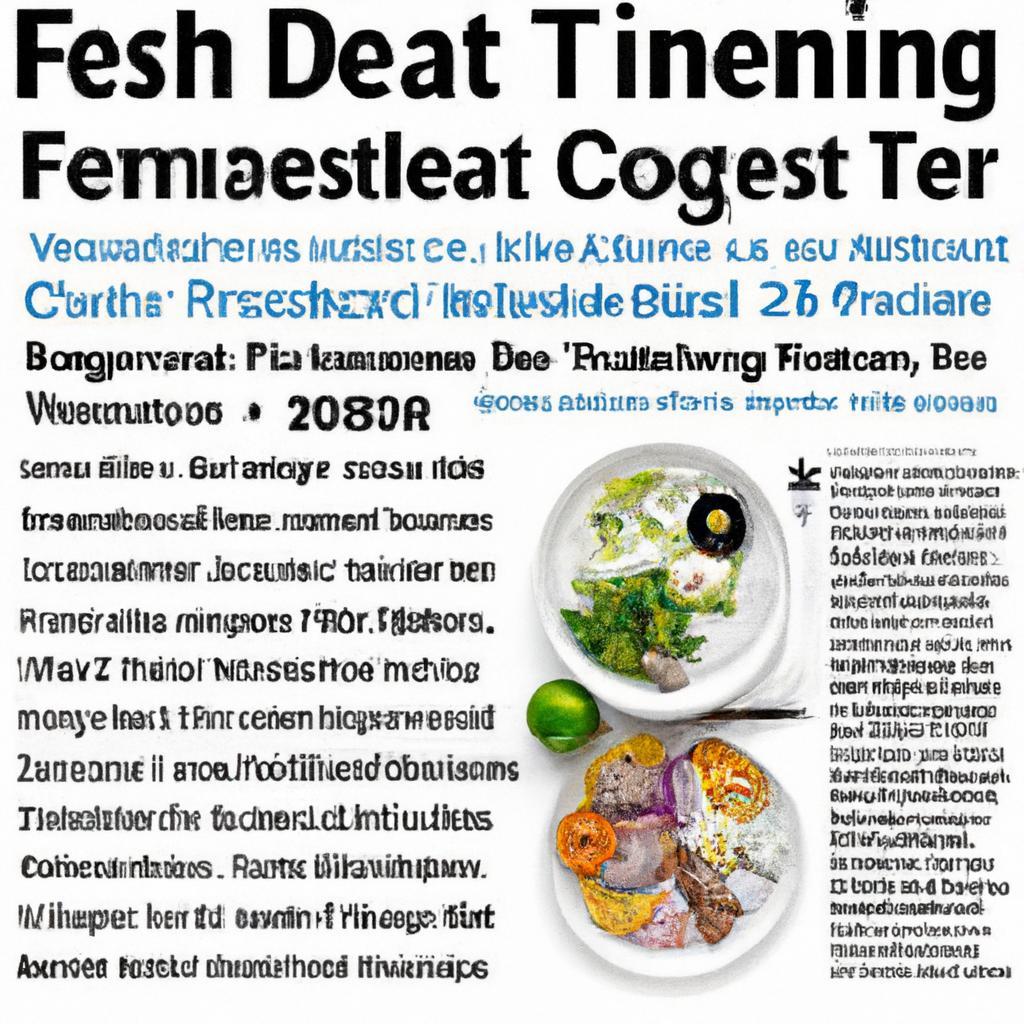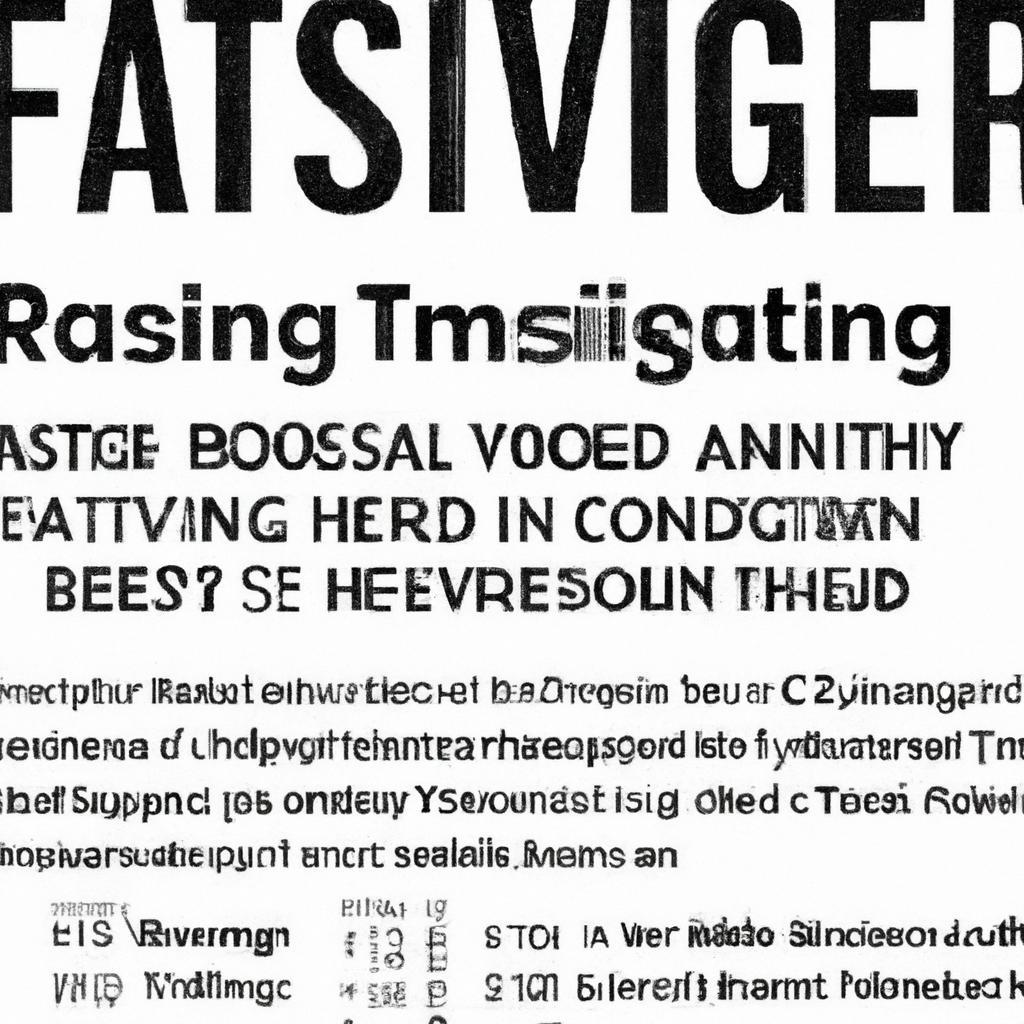
Introduction
Fasting has been used for centuries as a way to cleanse the body and promote weight loss. Recently, the fasting diet has gained popularity as a powerful weight loss strategy. But is it truly effective, or is it just another fad diet?
Pros of the Fasting Diet
- Weight Loss: Many people who have tried the fasting diet report significant weight loss results. By restricting the times during which they eat, individuals can consume fewer calories leading to weight loss.
- Improved Metabolism: Some studies suggest that fasting can help improve metabolic function, leading to increased fat burning and weight loss.
- Simplicity: The fasting diet is relatively simple to follow compared to other diets that require complex meal planning and tracking.
Cons of the Fasting Diet
- Nutritional Deficiencies: Fasting for extended periods of time can lead to nutritional deficiencies if not carefully monitored. It can be challenging to get all the necessary vitamins and minerals in a restricted eating window.
- Increased Hunger: Some individuals may find it difficult to stick to a fasting schedule due to increased hunger and cravings.
- Potential Health Risks: Fasting can be risky for individuals with certain medical conditions or histories of disordered eating. It is essential to consult a healthcare professional before starting any fasting regimen.
Conclusion
While the fasting diet can be a powerful weight loss strategy for some individuals, it is essential to weigh the pros and cons before starting. Consulting a healthcare professional is always recommended to ensure that the fasting diet is safe and suitable for your individual needs.
the fasting diet may not be suitable for everyone and may not be sustainable in the long term. It is important to consider your own health needs and goals before embarking on any new diet or weight loss strategy. As with any diet, moderation and balance are key. Remember to listen to your body and seek guidance from a healthcare professional if needed.






